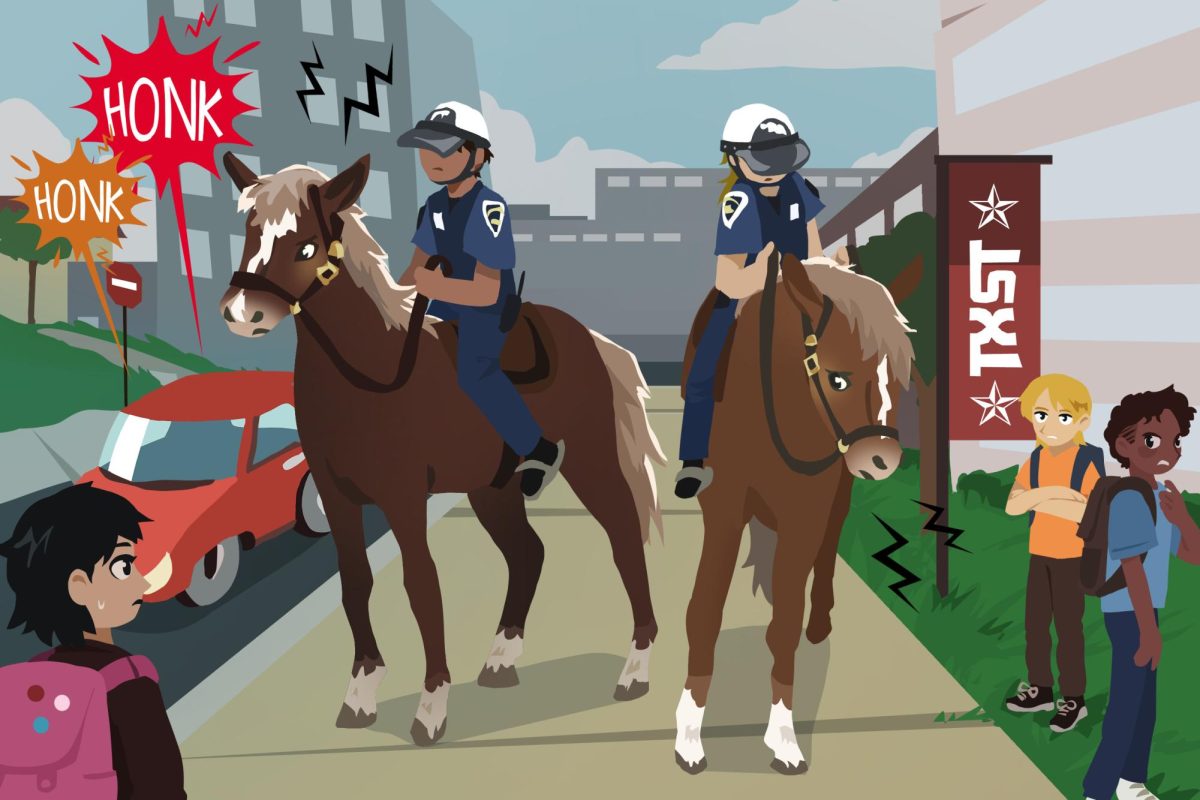While many first-generation students exist on campus, it is still one of the loneliest and hardest experiences to endure.
At Hispanic-serving institutions, like Texas State, the number of first-generation students can be higher than in other regular college institutions. In fact, 46% of the student body falls under the category of a first-gen student, where neither parent obtained a bachelor’s degree.
Being first-gen means learning to navigate the world of college education for the first time with parents or completely alone. Imagine, for one second, how intimidating college registration would be without parents who received higher education and advice. Difficult would be an understatement. In fall 2018, 42% of the freshman class had to endure that experience.
Applying to an institution has its challenges, but the process of financial aid alone can deter students from applying at all. Not only is the process intimidating for the family, but first-gen students who come from low-income families also end up receiving little financial aid if they do receive any at all.
Many recipients of DACA are also first-gen and have to navigate between two cultures, while also handling the normal hardships that come with college on their own. The transition is even harder when having to live alone for the first time or far away from any family. Support can feel nonexistent.
Living in a constant state of the unknown can also restrict students from graduating. According to EAB, a firm that uses research to address challenges within the education system, first-gen students are less likely to graduate on time and their dropout rate is 19% higher than students whose parents have a bachelor’s degree. Unfortunately, this most prominently occurs due to the lack of money, resources and connections.
Having limited knowledge and connection to the college realm makes the opportunity to network extremely difficult, especially since many first-gens come from low-income families and more likely to fill their time working to survive rather than on internships.
Many missed opportunities can arise from not knowing how to professionally network and can be intimidating when asking for references or applying for an internship.
Scholarships and financial aid need to be available specifically for these students and easily accessed. Workshops and counseling centers should be available for those who need the extra help of going through college, jobs and life away from home.
Texas State does a great job putting in the effort to accommodate this majority of the student body, but it is simply not enough.
Higher sources of funding can ensure scholarships are allocated accordingly toward students who might fall below a certain economic line. Additionally, an emphasis needs to be put on the Counseling Center for more available professional aid.
First-generation students face more hardships and challenges than the average student. Financial hardships and navigating academia prove to take a hard hit for students who do not have a lifeline to fall back on. Better resources need to be available to ensure that first-generation students succeed in the foreign but vital world of higher education.
– Delilah Alvarado is a journalism and mass communication junior
Opinion: The lonely reality of a first-generation student is often forgotten
February 18, 2020
Donate to The University Star
Your donation will support the student journalists of Texas State University. Your contribution will allow us to purchase equipment and cover our annual website hosting costs.

























